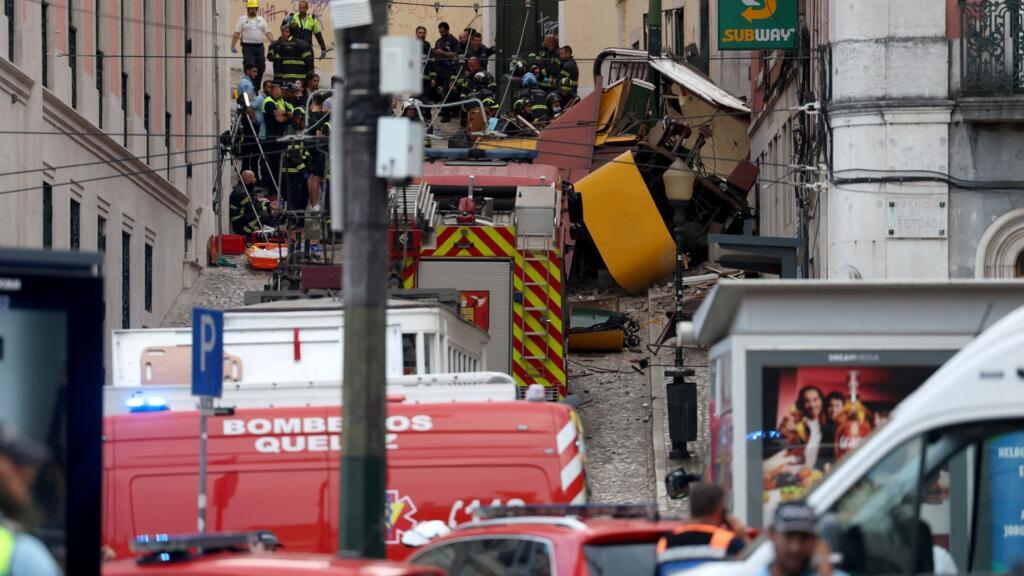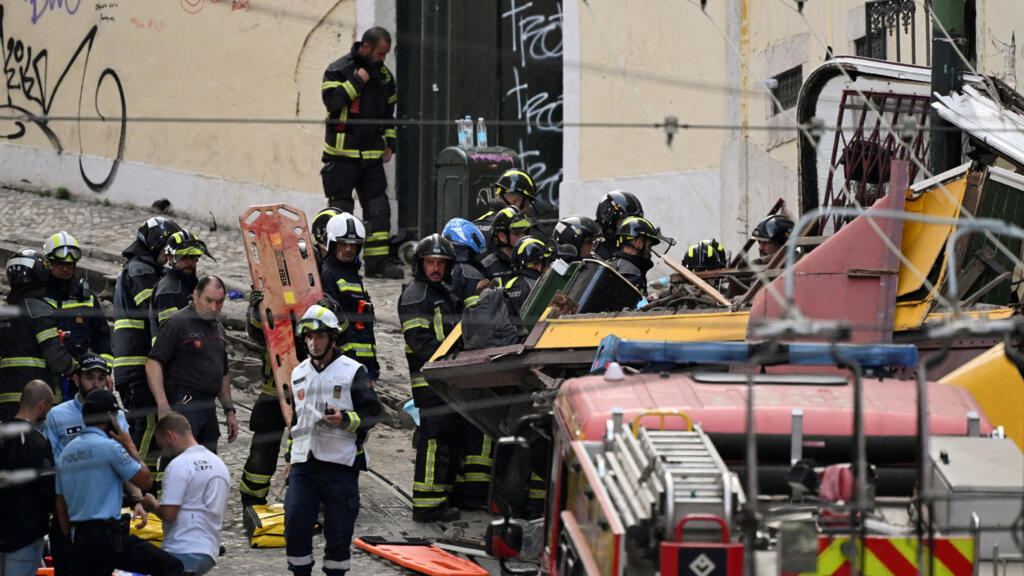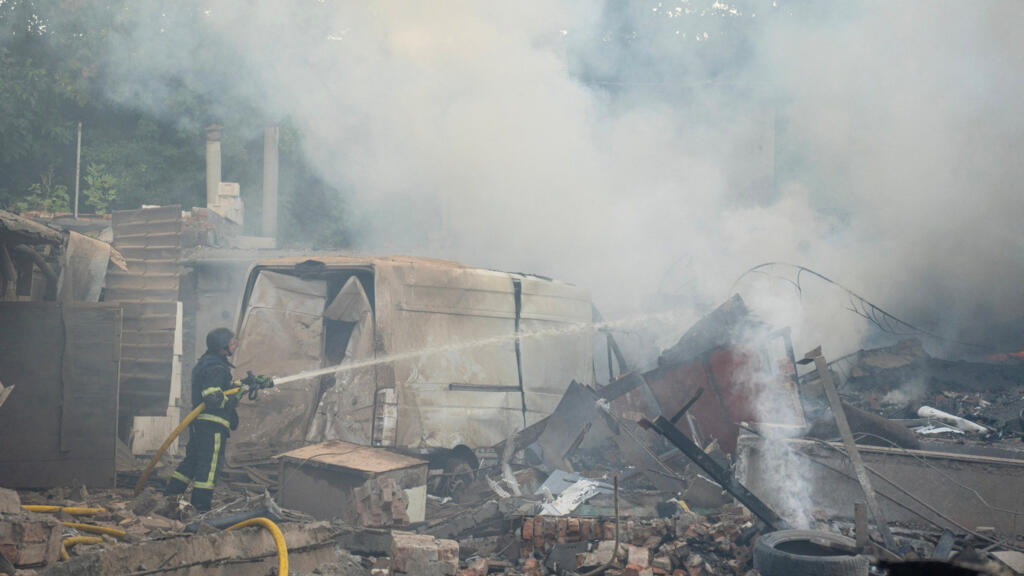Tragic Incident in Lisbon: Funicular Derailment
On Wednesday, a devastating accident occurred in one of Lisbon's busiest tourist areas when a funicular train derailed, resulting in at least 15 fatalities and injuring 18 others. Emergency services responded swiftly to the scene, which was marked by chaos and urgency as firefighters and medics worked tirelessly to assist the victims.
The incident unfolded as tourists and locals alike were enjoying the vibrant atmosphere of the city. Images from the scene captured the iconic yellow Gloria funicular car overturned on a steep street, surrounded by emergency responders. The funicular, a key attraction in Lisbon, is widely recognized for its historical significance and picturesque routes that provide breathtaking views of the city.
As the news broke, shockwaves reverberated through the community and beyond, with reactions pouring in from around the globe. The funicular line, known for its steep incline and stunning vistas, has long served as a vital transportation link in the city, connecting residents and visitors alike. The Gloria funicular is part of a series of funiculars that climb the city’s hilly terrain, and is particularly popular among tourists seeking to navigate Lisbon’s unique geography.
The scale of the tragedy has prompted local authorities to launch an investigation into the circumstances surrounding the derailment. Preliminary reports suggest that mechanical failure may have played a role, though further assessments are needed to confirm this theory. Transport officials are under pressure to ensure the safety of all public transport systems, especially those frequented by tourists who might be unaware of potential dangers.
Rescue operations were hampered by the steepness of the incline and the overturned position of the funicular car. Emergency response teams worked in difficult conditions to reach those trapped inside and provide immediate medical attention to the injured. Eyewitnesses described the scene as chaotic, with panicked tourists and contrastingly calm emergency responders providing assistance where needed.
This catastrophic event brings into question the safety protocols in place for such transportation systems. Funiculars in urban areas like Lisbon are subject to regular inspections and maintenance; however, the full details of the incident are yet to emerge. Local government officials are expected to address these concerns at a press conference, where they will discuss the measures being put in place to prevent such an incident from happening in the future.
In the aftermath of the derailment, the city of Lisbon is mourning the lives lost, with flags flown at half-mast in remembrance of the victims. Vigils and memorials are being organized, bringing together the community to honor those who tragically lost their lives in the incident. The emotional toll on families, friends, and the local community is palpable, as they grapple with the sudden loss of loved ones.
Lisbon's tourism industry, already affected by previous challenges, faces another blow as this incident raises concerns among potential visitors. Authorities urge tourists to exercise caution and remain informed about local transportation options while they continue to investigate the derailment and its causes.
This unfolding story is likely to have lasting implications for the city’s transport policies and regulations. As investigations continue, the hope remains that lessons will be learned to enhance safety measures and prevent future tragedies in this historic city.












